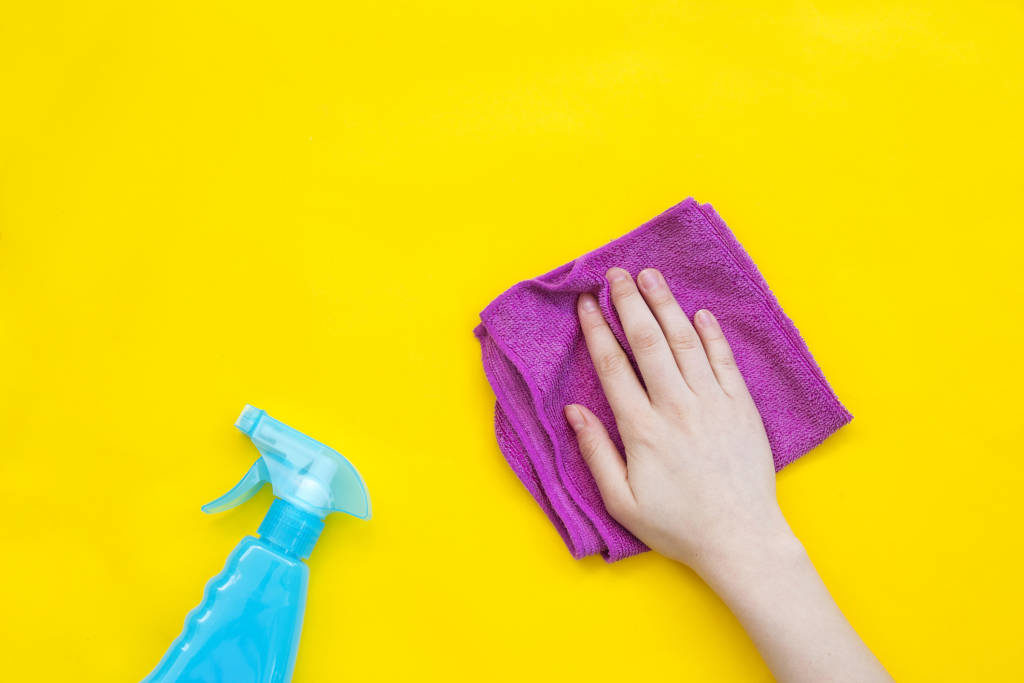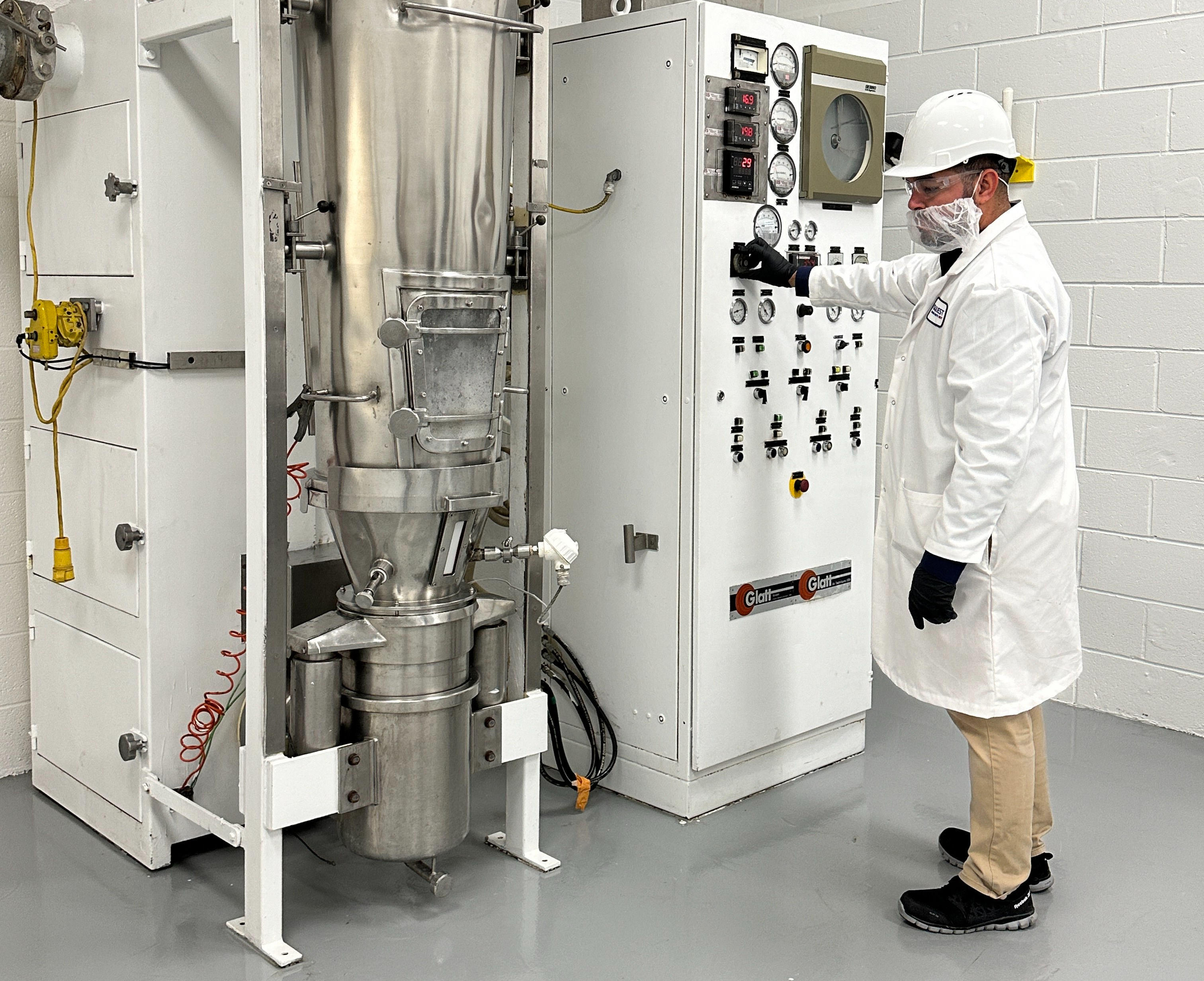Accoring to a news release from theNational Institutes of Health(NIH), the study was designed to mimic the virus being deposited from an infected person onto everyday surfaces in a household or hospital setting, such as through coughing or touching objects. The research, conducted by experts at the National Institutes of Health, CDC, UCLA and Princeton University, determined that the virus is detectable:
- for up to three hours in aerosols;
- up to four hours on copper;
- up to 24 hours on cardboard;
- up to two to three days on plastic and stainless steel.
NIH says these findings affirm the guidance from public health professionals touse precautionssimilar to those for influenza and other respiratory viruses to prevent the spread of SARS-CoV-2, including, as outlined in the release:
- Avoid close contact with people who are sick.
- Avoid touching your eyes, nose, and mouth.
- Stay home when you are sick.
- Cover your cough or sneeze with a tissue, then throw the tissue in the trash.
- Clean and disinfect frequently touched objects and surfaces using a regular household cleaning spray or wipe.










